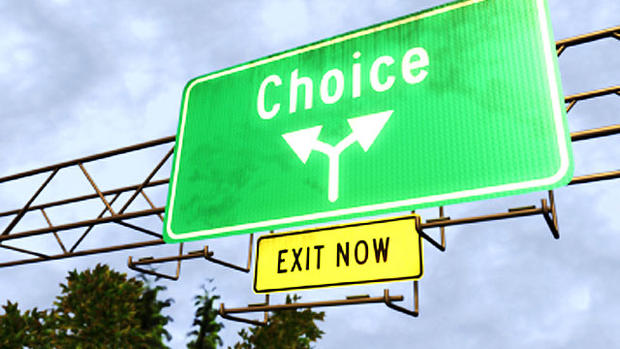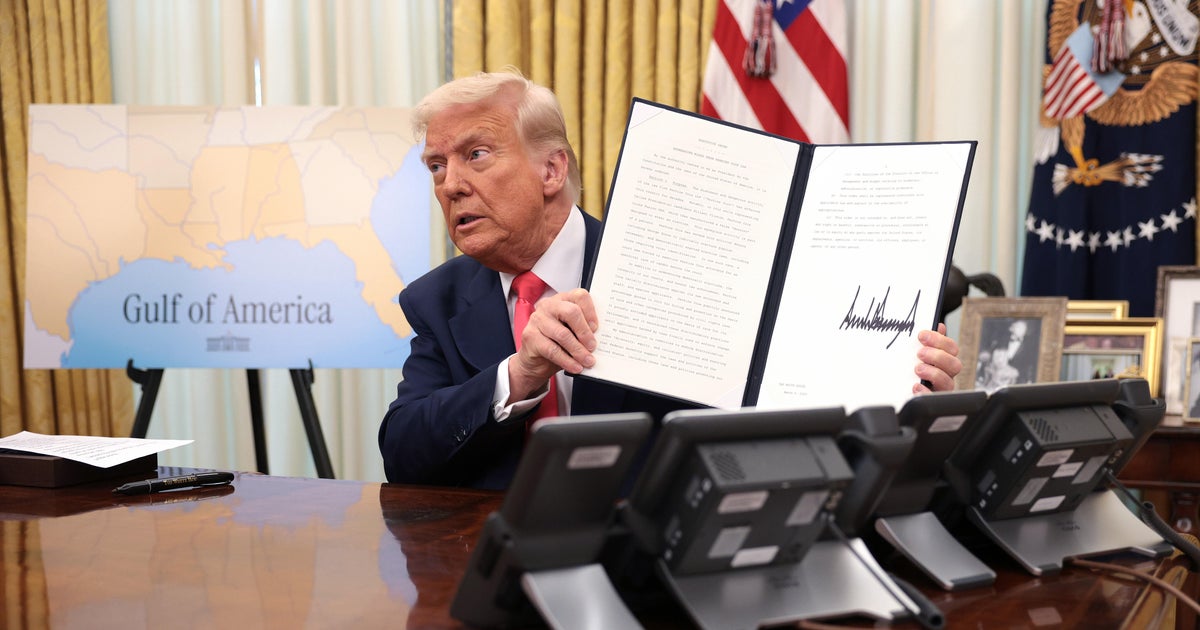South Korea abortion ban must be eased, constitutional court rules
Seoul, South Korea -- In a major reversal, South Korea's Constitutional Court on Thursday ordered the easing of the country's decades-long ban on abortions, one of the strictest in the developed world. Abortions have been largely illegal in South Korea since 1953, though convictions for violating the ban are rare.
Still, the illegality of abortions forces women to seek out unauthorized and often expensive surgeries to end their pregnancies, creating a social stigma that makes them feel like criminals.
The court's nine-justice panel said that the parliament must map out legislation to ease the current anti-abortion regulations by the end of 2020. It said the current abortion ban will be repealed if the parliament fails to come up with new legislation by then.
An easing of the ban could open up the door to more abortions for social and economic reasons. Current exceptions to the law only allow abortions when a woman is pregnant through rape or incest, or when a pregnancy seriously jeopardizes her health, or when she or her male partner has certain diseases.
A woman in South Korea can now be punished with up to one year in prison for having an abortion, and a doctor can get up to two years in prison for performing an abortion.
Most other countries in the 36-member Organization for Economic Cooperation and Development, the so-called most developed countries, allow abortions for broad social and economic reasons. South Korea is one of only five OECD member states that don't allow such abortions, according to the Ministry of Gender Equality and Family.
Thursday's verdict was a response to an appeal filed in February 2017 by an obstetrician charged with carrying out about 70 unauthorized abortions from 2013-2017 at the request or approval of pregnant women.
The South Korean public has been sharply split over on the abortion ban. There has been a series of heated panel discussions on TV and internet programs; activists, both for and against, have for months stood with placards near the court.
About 15 pro-women's rights activists shouted "Abolish the anti-abortion law" near the court's entrance earlier Thursday. More than 20 pro-life activists held placards carrying images of fetuses and message like "Who can speak for me?" and "Don't kill me, please."
It's not clear exactly how many abortions take places in South Korea. In a recent survey of 10,000 women aged between 15 and 44, about 7.6%, or 756 respondents, said they had undergone an abortion. They mostly cited worries about difficulty in continuing their studies and jobs, economic problems and a desire to wait, according to the survey conducted by the state-run Korea Institute for Health and Social Affairs.






